Personal Current Account
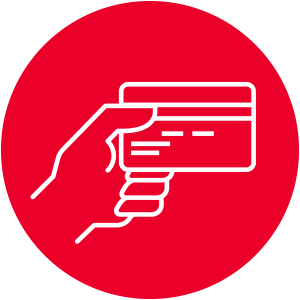
Personal Current Account is no longer available to new customers as of 1st April 2021.
If you are an existing customer, the following information will apply to your existing Personal Current Account.
Manage your daily finances using our online and telephone banking services and take comfort that your money has the power to change lives for the better.
Account Features
The Personal Current Account is no longer available to new customers as of 1st April 2021. If you are an existing customer, the following information will apply to your existing Personal Current Account:
- Easy Access to your money
- Ability to make payments by direct debit, standing order and faster payment
- Online and telephone banking
- UK Customer Service Team
- Visa Debit Card
- Share our mission to deliver positive social impact
At Reliance Bank Ltd we believe that the way you choose to bank can mirror the way you choose to live. For us, it’s about making money do extraordinary things.
Save with us and your money will make a positive social impact
Although our Personal Current Account is no longer available you can save with us by opening a Reliance Bank Savings account – we have the following accounts available:
Instant Access Personal Savings Account: Click here
35 Day Notice Personal Savings Account: Click here
90 Day Notice Personal Savings Account: Click here
We will pay you interest when you save with us and the money you deposit with us will enable us to continue to provide loans to organisations, charities and social enterprises that deliver positive social impact in the UK.
The power to change lives for the better
We know that money has the power to change lives for the better. In the right hands, it can be a force for good. As a Bank we’ve supported businesses and charities for over 130 years and we prioritise business lending to organisations that deliver positive social impact in the UK, so you’ll be joining a group of like-minded people.
Reliance Bank are proud of its shareholder The Salvation Army International, whose mission it is to help people whose lives have been affected by emergencies, disasters, poverty and social inequality.
- Easy Access to your money
- Ability to make payments by direct debit, standing order and faster payment
- Online and telephone banking
- Share our mission to deliver positive social impact
We are covered by the Financial Services Compensation Scheme (FSCS). The FSCS can pay compensation to depositors if we as a Bank fail to meet our financial obligations. In general, all retail depositors and businesses are covered by Deposit Guarantee Schemes. Exceptions for certain deposits are stated on the website for the Financial Services Compensation Scheme.
Features
The Personal Current Account is no longer available to new customers as of 1st April 2021. If you are an existing customer, the following information will apply to your existing Personal Current Account:
What is the interest rate?
No credit interest is payable.
Easy to manage online and telephone banking.
Make payments and keep an eye on your balance with internet and telephone banking.
Internet banking via I-bank is available 24 hours a day, every day of the year.
I-bank features:
• Review the balance of your current and savings accounts
• Update account balances throughout the day
• Pay bills and transfer money
• Review your statements up to 2 years
• Download your statements to save on paper
• Set up or amend standing orders*
• Order new cheque/paying-in books*
• Notify us of stopped cheques*
• Request an overdraft application form
*These requests will be completed via i-mail, a secure email facility.
Visa debit card
You can withdraw cash at any cashpoint worldwide that displays the Visa symbol. You can also view your current balance (excluding any arranged overdraft facility) and change your PIN.
For any transaction made outside the UK which is not a GBP or Euro transaction, there will be a flat rate charge of £1.25 per transaction. This fee will not apply to any GBP or Euro transactions.
- You can see the current exchange rates on the Visa website, click here.
- Open Visa’s Currency Conversion Calculator.
- Choose the currency you want to convert to.
- Enter a ‘Transaction Amount’ (write ‘1’ if you just want to find out the rate).
- Change the Bank fee percentage to ‘1.50%’, as we charge a 1.50% markup on the Visa exchange rate.
- And choose Great British Pound (GBP) as your ‘Card Currency’.
- Tap ‘Calculate’ to see the current exchange rate!
- The rate you see is the one we pass on directly to you.
But remember, we’ll use the exchange rate at the time the transaction settles (usually a few days after you make it), rather than the one you see at the time you actually make the transaction.
Our debit card is made of degradable PVC making it recyclable, we are doing our bit for the environment!
Our charges
Refusing a payment due to lack of funds – applies to Direct Debit, standing orders and cheques £10 – we will not charge you if the value of the payment is £10 or less, or if the payment would have taken you overdrawn by £10 or less.
Unpaid Cheques : £10.00 per cheque
Unpaid Direct Debits : £10.00 per item
Unpaid Standing Orders : £10.00 per item
Unauthorised overdraft: £10 per transaction
Copy Statements : £2.50 per statement
Sending within the UK as a CHAPS payment (electronic same day payment) : £15.00 per Item
Stopped cheque : £10 per cheque
Sending money outside the UK – See tariff of charges for payment options.
Maximum charge:
The maximum penalty charge per calendar month is £60 – even if the total of individual charges exceeds this.
If you took out our Personal Current Account between November 2019 and 1st April 2021 and you are not an employee or pensioner of The Salvation Army you will be charged a monthly fee of £5.
Withdrawing money
• You have unlimited access to your money.
• You can withdraw funds by Faster payment or writing to our office
• Transfers can be made online via Faster Payments.
Additional information
• You are covered under the Financial Services Compensation Scheme up to £85,000 per depositor per bank/building society/credit union.
- Visa debit card
- Online and telephone banking
Debit card
Our Visa Debit Cards are issued by TransactPay and can be used at any merchant that accepts Visa cards, including overseas. For more information on how to apply and what terms must be agreed to before acquiring one of our cards, please see the Visa Debit Cards Terms and Conditions.
Need support with online payments? Find answers in our VISA Debit Card FAQ’s.
This Visa card is issued by Transact Payments Limited. Transact Payments Limited is authorised and regulated by the Gibraltar Financial Services Commission
Overdraft
Overdraft facilities are for existing customers only
We can all have those months when money is a little tighter than usual, whether it’s an expensive MOT bill or an unexpected boiler breakdown. That’s when an overdraft can be a handy safety net when you have those added expenses.
An overdraft is a short-term credit facility (which is subject to application) for borrowing money on your current account which is repayable on demand. Overdrafts are not generally suitable for long-term borrowing. Use of an overdraft will normally result in you being charged interest or other charges such as returning a payment due to lack of funds.
How much will an overdraft cost me?
To help you decide whether an overdraft facility is right for you, we’ve provided a handy Overdraft Calculator below so that you can see how much an overdraft with us might cost you for up to 31 days.
- The authorised and unauthorised interest rate applicable to your account is 12.00% APRC (Annual Percentage Rate of Charge)
- The maximum overdraft facility we offer to existing customers is £500 subject to credit and affordability checks
Overdraft Calculator
It’s easy to find out how much it could cost to go overdrawn on a Reliance Bank Personal Current Account. Pop in your details to get a representative example, these calculations will be based on the figures you provide.
Summary
Arranged and unarranged interest rates (APRC variable)
12.00%*** APRC variable for arranged and unarranged overdraft rate
Total arranged overdraft charges
GBP 2.68
Total unarranged overdraft charges
GBP 0.00
Total overdraft cost
GBP 2.68
*** This is subject to change. The Annual Percentage Rate of Charge is the total cost of the credit facility to you as the consumer, expressed as an annual percentage.
The Overdraft Calculator figures are based on:
- The overdraft amount being drawn down in full at noon on the date of calculation.
- You are overdrawn for a continuous period – you don’t dip in and out of your overdraft.
- Prior to the time you go into your overdraft, your current account is in credit.
- No other credits and or debits will be made from the account during the borrowing period.
- The outstanding balance will be repaid in full on the last day of the borrowing period.
- The interest rate will remain the same during the whole borrowing period.
Interest is charged on any amount that you borrow and is calculated quarterly at the end of March, June, September and December. The overdraft interest will be applied on the 19th of the month following the quarter end, or the next working day.
If you have a Reliance Bank current account and you think an overdraft facility could be right for you, then it’s simple to apply. We offer a maximum overdraft facility of £500 (with no overdraft arrangement fee) subject to credit and affordability checks
To be considered for a Reliance Bank overdraft, you’ll need to be:
• Aged 18 or over
• Resident in the UK
• Receiving a regular income
• Holding an eligible Reliance Bank account
Please note that because overdrafts are credit facilities, they are subject to application. You can find out more in our T&Cs.
By providing us with some details you can find out how likely you are to be approved for an arranged overdraft and this will not affect your credit score.
Our arranged overdraft offers you the following benefits:
• No overdraft arrangement fee
• Fixed interest charge
• Flexibility with your banking – customers can contact RBL via telephone, branch and internet banking.
If you have insufficient funds to make a payment, you may incur additional charges, these charges are shown below in the Frequently Asked Questions, specifically “What are the charges for unarranged overdrafts and returned items?” Please contact us on 0207 398 5400 so that we can discuss your needs.
Current Account Switch Service
- We are part of the Current Account Switch Service
- If you’re an existing customer and you want to fully switch your existing personal current account to Reliance Bank from another UK bank or building society, we’re here to make sure everything happens simply and smoothly.
- It is guaranteed to take 7 working days and it’s free.
- It’s all part of the Current Account Switch Service.
See the CASS Switch Guide
- We are part of the Current Account Switch Service
- If you’re an existing customer you can switch your existing personal current account to Reliance Bank from another UK bank or building society
- It is guaranteed to take 7 working days and it’s free
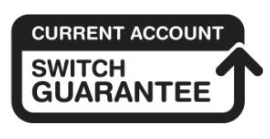
International Payments
Sending Money Outside of the UK
When sending funds to an account outside of the UK it is important that you quote as many of the beneficiary’s (person receiving the funds) details as possible. You will need to quote the following:
• IBAN – International Bank Account Number
• SWIFT Code/BIC
• You may sometimes be provided with a routing/fedwire number in place of a SWIFT Code/BIC
• Beneficiary’s full name
• Beneficiary’s address – This is particularly important for any payments being made to Canada where this is required to process the payment
• Bank’s name
• You may sometimes be required to supply details of an ‘Intermediary Bank’. The intermediary acts as a middleman between Reliance Bank, as the sending bank, and the receiving bank, to where you will be sending the funds.
You would be expected to provide the SWIFT Code/BIC and bank name of the intermediary bank; you will sometimes need to provide an account number too.
Charges Incurred for International Payments
When making a payment to an account outside of the UK you will be charged dependent on the following:
• EURO Payments – A payment being processed to an account in EUROs within the European Economic Area (EEA) will incur no further charge to that of a Faster Payment. Personal customers will incur no charges for Faster Payments/EURO payments whilst Business customers will be charged dependent on agreed rates.
• European Community Payments – Any payment made to a beneficiary within the European Economic Area (EEA) in a non-EURO currency will be sent on a ‘shared charges’ basis whereby Reliance Bank’s charge of £15 will be passed to you as our customer, and the receiving bank may apply a charge to the beneficiary account. The beneficiary will therefore not necessarily receive the amount sent in full.
• International Payments – Beneficiary Charges – Our standard charge for any payment sent outside of the EEA is £15. For such payments, the beneficiary may incur further charges on their account and so they will not necessarily receive the full amount that you have sent.
• International Payments – All Charges – If you wish to incur all the charges from both Reliance Bank and from the receiving bank, to ensure that the beneficiary will receive the full amount that you have sent, then please advise us.
You will incur an initial charge of £22.50 and further charges may be passed on to you at a later date.
Receiving International Payments
If someone is to send funds to your Reliance Bank account from outside of the UK, the following information will need to be supplied by the individual sending the funds:
• SWIFT Code/BIC – MIDLGB22
• IBAN – GB70MIDL40053041376543
• Bank – HSBC
• Bank Address – 27-32 Poultry, London, EC2P 2BX
• Beneficiary Account Name – Reliance Bank Ltd
• Beneficiary Address – Faith House, 23/24 Lovat Lane, London, EC3R 8EB
• It is vital that the individual sending the funds states ‘For further credit to your account name and account number’. This will ensure that the funds are credited into your account.
Apply
The Personal Current Account is no longer available to new customers as of 1st April 2021.
If you are an existing customer, click on the button below to view the Personal Current Account documents.
Overdraft FAQs
An arranged overdraft is where we agree an overdraft limit with you, before your account goes overdrawn.
An unarranged overdraft is when you authorise a payment that would take your account overdrawn or beyond your arranged limit without agreeing in advance an overdraft to cover it. An unarranged overdraft may incur higher charges than an arranged one as a result of charges for returned cheques, direct debits and / or standing orders and may adversely affect your credit file.
An overdraft isn’t guaranteed and is repayable ‘on demand’. This means that we could refuse a payment if you have insufficient funds in your account or ask at any time for immediate repayment.
We won’t usually approve an arranged overdraft if you’ve:
- Had any County Court Judgments issued against you in the last six years
- Been declared bankrupt or agreed to an Individual Voluntary Arrangement in the last six years
- Fallen behind with any credit payments or have missed payments in the last six months.
The likelihood of us providing you with an initial indication of eligibility will be based on what you tell us and depends on the accuracy of the details you provide.
We want to make sure your overdraft is right for you, that’s why every month, we’ll review your account to make sure your overdraft borrowing is suitable, based on credits to your account. If we feel that your overdraft borrowing may be too much when compared to credits to your account, we’ll contact you to discuss the situation. When we get in touch, we will also explain how we may be able to help, in the short and long term, if you’re unable to pay this amount.
We don’t charge an overdraft usage fee, but we will charge interest on any overdrawn amount and there are charges for returning cheques, direct debits and / or standing orders due to a lack of funds if you use an unarranged overdraft or exceed your arranged overdraft limit.
The explanation below shows the costs associated with returned items only and these charges are in addition to the interest rate charges for arranged and / or unarranged overdrafts shown in the representative examples output by the overdraft calculator.
Returned items charges:
Unpaid Cheques: £10.00 per cheque
Unpaid Direct Debits: £10.00 per item
Unpaid Standing Orders: £10.00 per item
Maximum charge:
The maximum charge for returned items per calendar month is £60 – even if the total of individual returned item charges exceeds this. This maximum charge applies to returned item charges only. This maximum charge does not include the interest rate charge for arranged and / or unarranged overdrafts. The interest rate charges are shown in the representative examples output by the Overdraft Calculator.
Please note that if you have insufficient funds to allow us to make a payment from your account then you may incur the additional charges explained above. Funds should be in your account by close of business on the previous working day to cover any regular payments due.
So please contact us on 0207 398 5400 so that we can discuss your needs.
Simply log into your internet banking to find out your overdraft limit. You can also see your limit on your recent statements.
If you’d like us to increase, reduce or cancel your limit, you can contact us, by calling 0207 398 5400 or through internet banking. Changes to your overdraft limit are subject to status.
If you want to cancel your overdraft you’ll be required to repay anything you owe. If you want to reduce your limit, you’ll need to reduce the amount you’ve borrowed to less than your new limit.
If you’ve been in a continuous unarranged overdraft for 30 or more days we will report your account to Credit Reference Agencies. This could negatively affect your credit file and your ability to get credit in the future. We will also report, as standard, any arranged overdraft limit and overdraft usage for all current accounts.

We are proud to be the bank of The Salvation Army International. Find out more about our shared history.

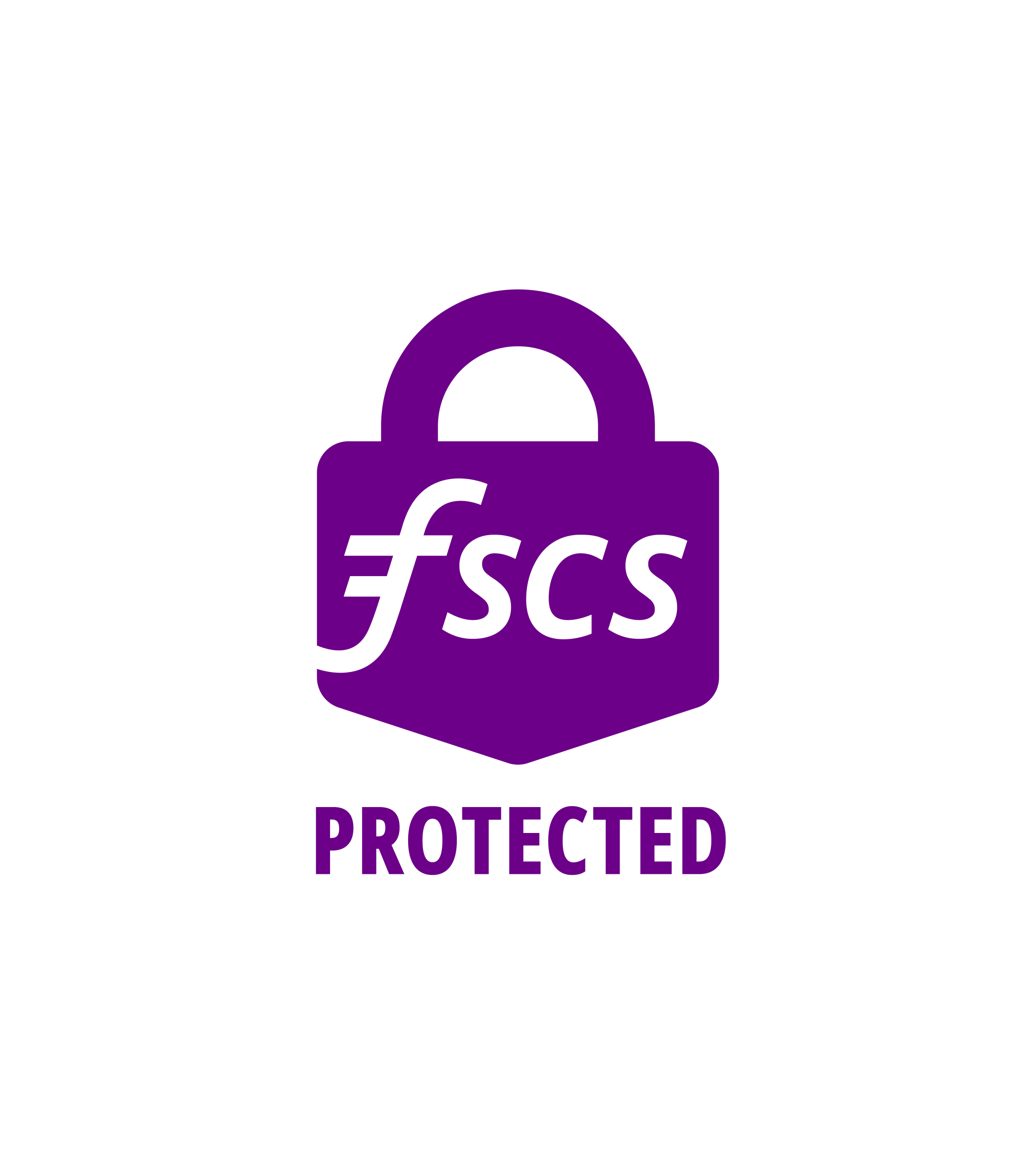

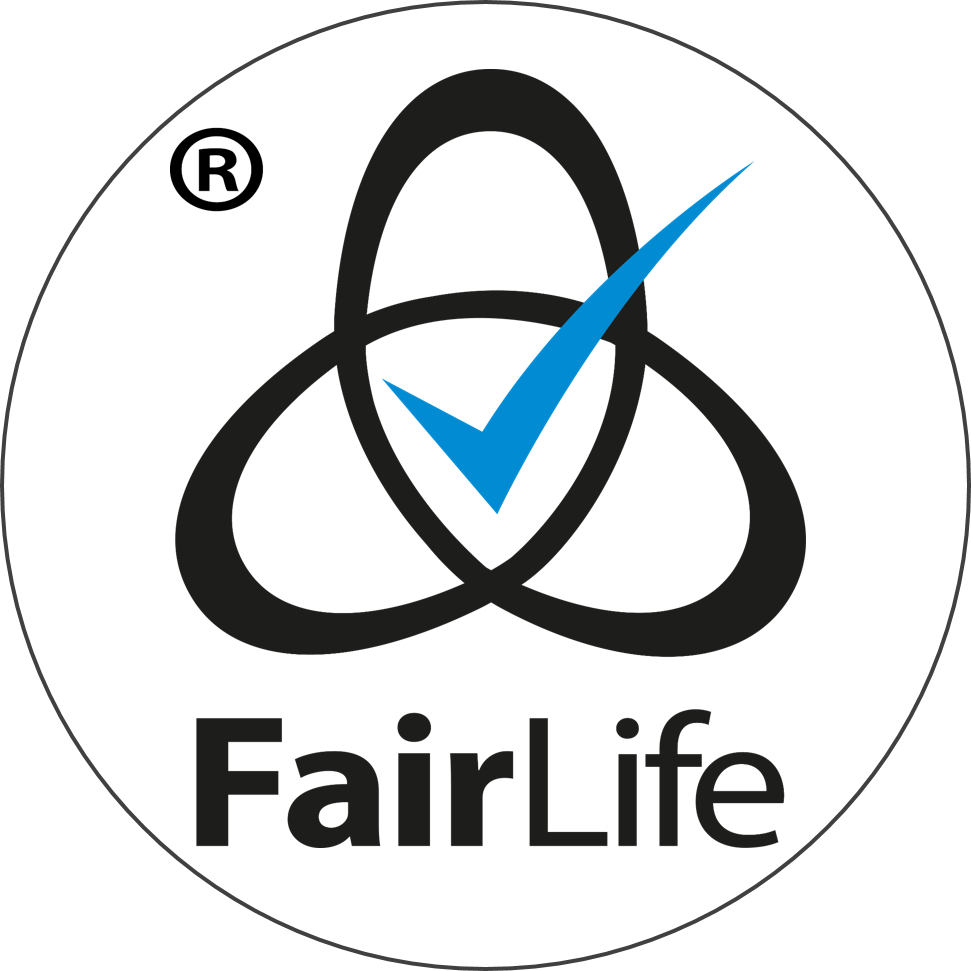
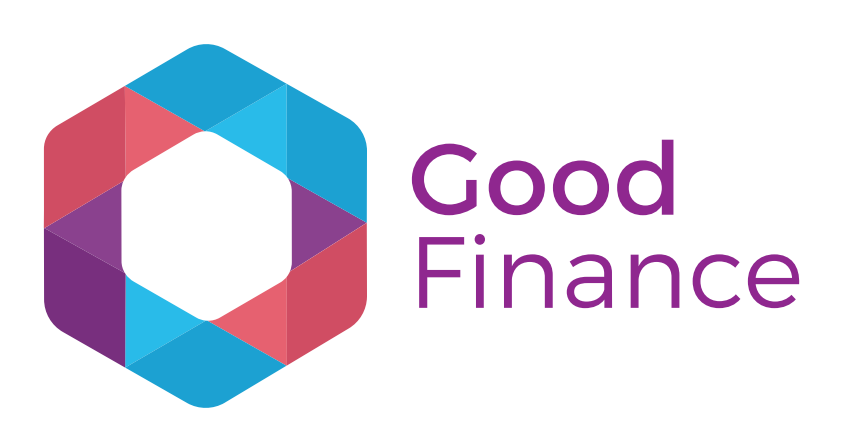

We are proud to be the bank of The Salvation Army International. Find out more about our shared history.
